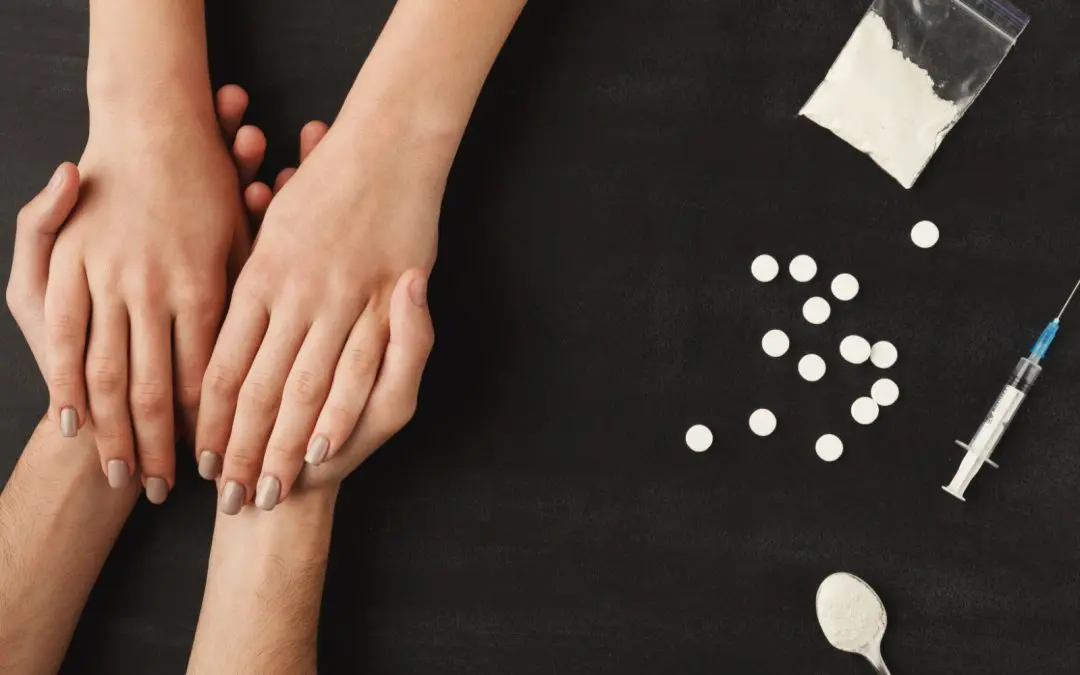24/7 Helpline:
(866) 899-221924/7 Helpline:
(866) 899-2219
Learn more about Prescription drug Rehab centers in Green Bay
Prescription drug Rehab in Other Cities

Other Insurance Options

GEHA

Access to Recovery (ATR) Voucher

Self-pay options

American Behavioral

Sliding scale payment assistance

Humana

Health Choice

Excellus

Molina Healthcare

Evernorth

Anthem

UnitedHealth Group

CareSource

Health Partners

EmblemHealth

Oxford

Magellan Health

Coventry Health Care

BlueShield

PHCS Network

Jackie Nitschke Center
Jackie Nitschke Center stands as a reputable dual-diagnosis addiction treatment center in Green Bay,...

CleanSlate Outpatient Addiction Medicine
CleanSlate Outpatient Addiction Medicine stands as a comprehensive dual-diagnosis addiction t treatm...

Rawhide Youth and Family Counseling – Green Bay
Rawhide Youth and Family Counseling is a non - profit rehab located in Green Bay, WI. Rawhide Youth ...

Oneida Tribe of Wisconsin
Oneida Tribe of Wisconsin is a public rehab located in Green Bay, Wisconsin. Oneida Tribe of Wiscons...

Family Services of Northeast Wisconsin
Family Services of Northeast Wisconsin is a private rehab located in Green Bay, Wisconsin. Family Se...

New Wellness Associates
New Wellness Associates is a private rehab located in Green Bay, Wisconsin. New Wellness Associates ...

Libertas Treatment Center
Libertas Treatment Center - Dousman Street is the only private inpatient substance abuse facility in...

Family Services – Billie Kress Center
Family Services – Billie Kress Center is a private rehab located in Green Bay, Wisconsin. Family Ser...

Innovative Counseling
Innovative Counseling is an outpatient rehab located in Green Bay, WI. Innovative Counseling special...

Milwaukee VA Medical Center – Milo C. Huempfner VA Outpatient Clinic
Milo C. Huempfner VA Outpatient Clinic provides Behavioral Health services in an outpatient setting....



















Bellin Psychiatric Center
Bellin Psychiatric Center is a private rehab located in Green Bay, Wisconsin. Bellin Psychiatric Cen...

218 Club
218 Club is a non-profit rehab located in Green Bay, Wisconsin. 218 Club specializes in the treatmen...

Green Bay Comprehensive Treatment Center
Green Bay Comprehensive Treatment Center is a private rehab located in Green Bay, Wisconsin. Green B...

The Bridge of Green Bay
The Bridge of Green Bay is a not for profit organization located in Green Bay, WI. The Bridge of Gre...

AlAnon
AlAnon is a non-profit rehab located in Green Bay, Wisconsin. AlAnon specializes in the treatment of...

Recovery Works Counseling Services
Recovery Works Counseling Services is a private rehab located in Green Bay, Wisconsin. Recovery Work...

Bornemann Therapy Department
Bornemann Therapy Department is a private rehab located in Green Bay, Wisconsin. Bornemann Therapy D...

Prevea Clinic Behavioral Care
Prevea Clinic Behavioral Care is a private rehab located in Green Bay, Wisconsin. Prevea Clinic Beha...

American Foundation of Counseling Services
American Foundation of Counseling Services is a private rehab located in Green Bay, Wisconsin. Ameri...

Northwest Counseling – Day Treatment
Northwest Counseling – Day Treatment is a private rehab located in Green Bay, Wisconsin. Northwest C...

LSS – Lutheran Social Services – Preble House
Lutheran Social Services (LLS) – Preble House serves men and women who are battling drug and alcohol...

LSS – Lutheran Social Services – Wellspring
Lutheran Social Services (LSS) - Wellspring is a daytime resource center just for women. Lutheran So...

LSS – Lutheran Social Services – Northview
Lutheran Social Services (LSS) - Northview is a community based residential facility serving eight a...








